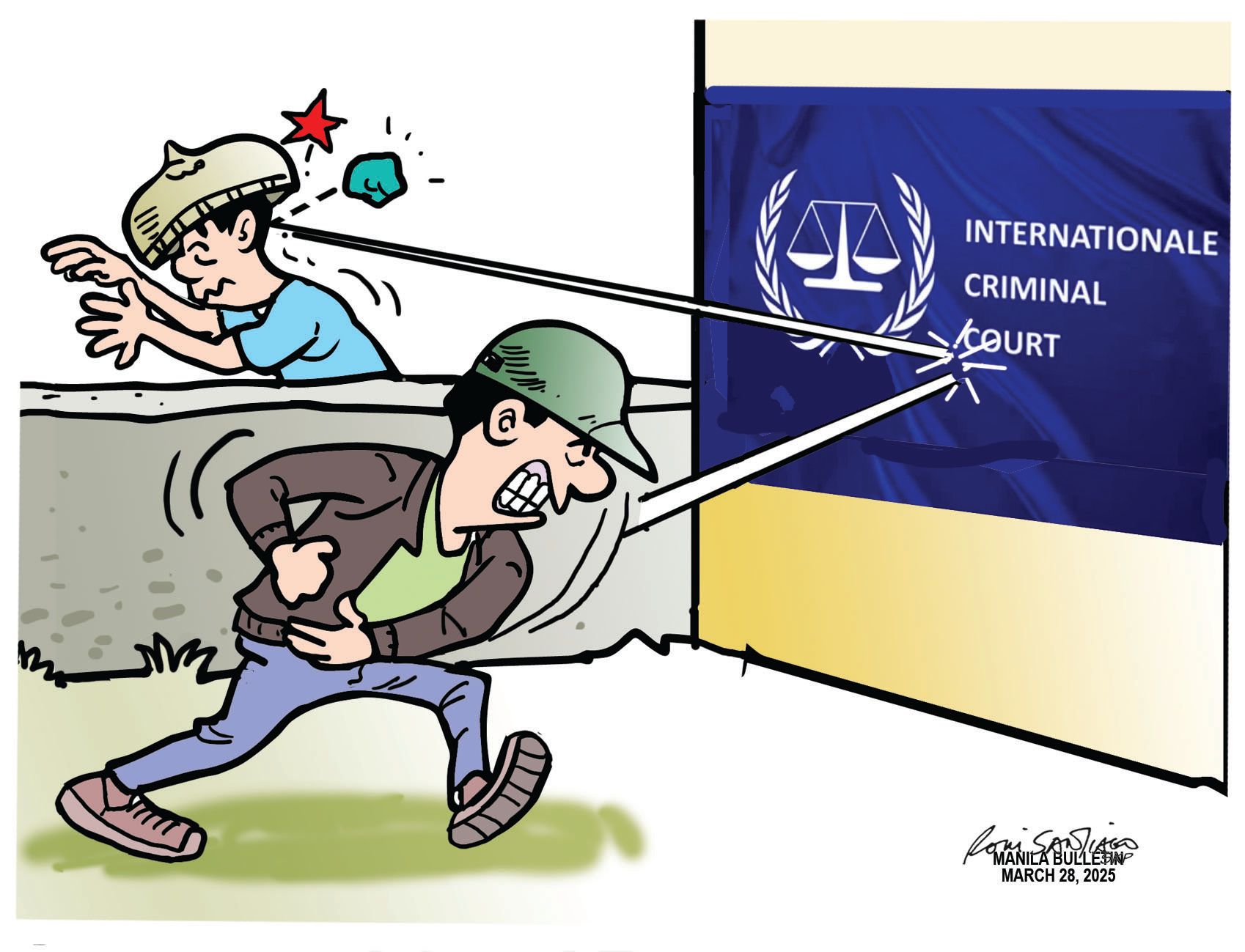
The planned zero-remittance week by supporters of former president Rodrigo Duterte, especially among overseas Filipino workers (OFWs), is sparking both concern and debate. This move, aimed at protesting Duterte’s arrest and his eventual turnover to the International Criminal Court (ICC), seeks to send a bold message.
While the plan represents the passionate stand of Duterte’s supporters, it is important to consider its long-term effects on the Philippine economy, the OFWs’ families, and the future of the country’s political landscape.
OFWs have long been hailed as the backbone of the Philippine economy. According to the Bangko Sentral ng Pilipinas, remittances from OFWs through banks alone amounted to $34.49 billion, accounting for 8.3 percent of the country’s gross domestic product (GDP) in 2024. The money sent home supports millions of Filipino families, providing for basic needs, education, healthcare, and even investments in small businesses. A week without remittances could create an immediate economic ripple effect that is certain to affect these families. Just imagine, a disruption in the steady flow of money could lead to missed payments for housing, tuition, or medical bills. The Philippine banking system and financial institutions could face challenges processing remittances, further complicating the situation for families who rely on this money for survival.
In addition to the immediate consequences for Filipino families, the protest could damage the broader economy. The Philippine peso, which has fluctuated in recent months, could experience additional volatility. The absence of remittance inflows could contribute to a weakening of the currency, leading to inflation and higher living costs for all Filipinos. Moreover, the financial institutions that rely on the steady stream of remittances could face significant disruptions, hurting not just families but local businesses, real estate, and the overall financial sector.
Beyond these practical concerns, what impact would a zero-remittance week actually have on Duterte’s legal predicament? It is unlikely to influence the ICC’s actions or sway international opinion. The case against Duterte for alleged crimes related to his drug war is a matter of international law. The ICC, which operates independently of domestic political pressures, will continue to move forward based on its mandate. Duterte’s detention in The Hague, or his legal battle in the Philippines, will not likely be altered by a week-long disruption of financial flows.
Moreover, the political landscape in the country is complex. While Duterte has significant support among certain sectors, the international community’s stance on human rights violations is unlikely to be swayed by domestic protests of this nature. In fact, such actions could weaken the argument for Duterte’s supporters, as they risk alienating other sectors of society who might not share the same viewpoint on his leadership.
Perhaps the most important question to consider is whether a zero-remittance week is the most effective form of protest. While it may garner attention, the long-term effects on OFWs and their families may be counterproductive. The protest, though symbolic, risks isolating the very people whose livelihoods are being put in jeopardy. A more thoughtful form of protest could involve raising awareness about the issues surrounding Duterte’s case through peaceful rallies, petitions, or digital campaigns. These actions would allow supporters to express their discontent without creating hardship for vulnerable families.
It is understandable that Duterte’s supporters feel strongly about his ICC predicament, but the potential damage of a zero-remittance week should not be underestimated. Rather than resorting to actions that may harm OFWs and their families, it would be more constructive to pursue alternative means of protest that foster dialogue and awareness without inflicting unnecessary pain. In the end, the fight for justice should prioritize the well-being of all Filipinos, not just a few.